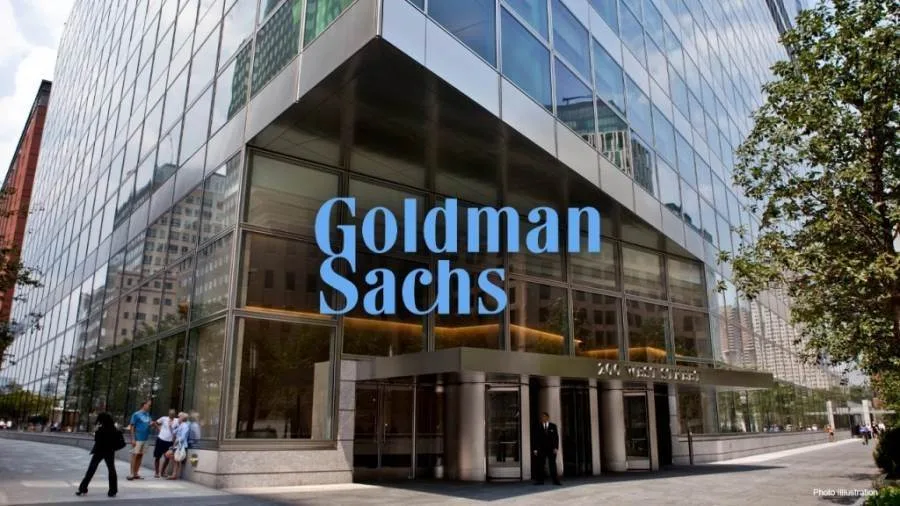Goldman Sachs: U.S. Tariffs Will Cause Short-Term Inflation, Rate Cuts Remain an Option

Amid ongoing concerns about inflation and trade tensions, Goldman Sachs has weighed in on the potential impact of the latest U.S. tariff hikes. The investment bank suggests that while the new trade measures may temporarily elevate inflation, they are unlikely to derail the broader disinflationary trend expected over the medium term.
Analysis of Inflation Dynamics:
Goldman Sachs forecasts that the core Personal Consumption Expenditures (Core PCE) index—a key measure closely watched by the Federal Reserve—will rise to 3.6% by the end of 2025. This upward pressure is attributed in part to the newly implemented U.S. tariffs. However, the bank expects this increase to be short-lived, with inflationary momentum fading again in 2026.
Despite recent Consumer Price Index (CPI) data showing early signs of a slowdown in inflation, the bank warns that tariff escalation may sustain inflationary pressures in the near term. This reflects concerns that additional costs imposed on imported goods could be passed on to consumers, temporarily driving prices higher.
Outlook for Monetary Policy:
Goldman Sachs analysts believe the inflationary impact of tariffs will start to ease by August. This anticipated moderation in price pressures could give the Federal Reserve sufficient room to resume interest rate cuts before the end of the year—assuming no further unexpected economic shocks.
While the recent tariff measures may cloud the short-term inflation outlook, Goldman Sachs maintains a broadly optimistic stance on medium-term price stability. Investors and policymakers alike will be closely watching upcoming inflation data and Fed commentary to gauge the timing and scale of future rate adjustments.
